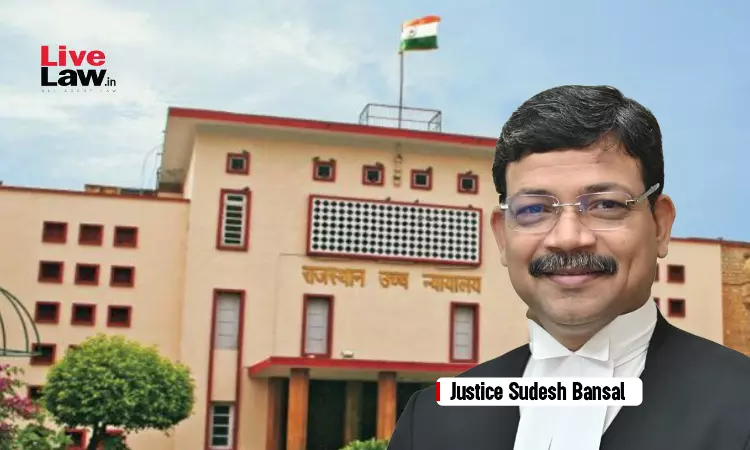Testimony Of Injured Witness Can Be Relied Upon Unless There Are Major Contradictions: Rajasthan High Court
Nupur Agrawal
8 Jun 2024 1:00 PM IST

Next Story
8 Jun 2024 1:00 PM IST
The Rajasthan High Court has reiterated that the testimony of an injured witness cannot be discarded merely because of minor discrepancies since he is not likely to spare the actual assailant in order to falsely implicate someone else.The bench of Justice Sudesh Bansal thus observed that the testimony of an injured witness is accorded a special status in law and it cannot be rejected unless...
